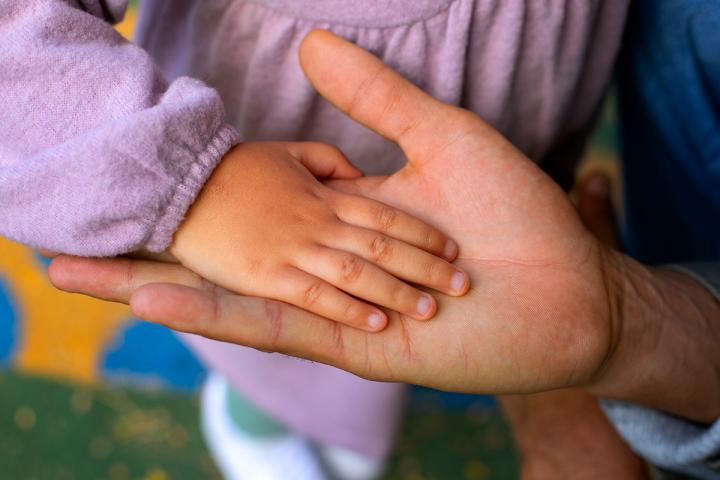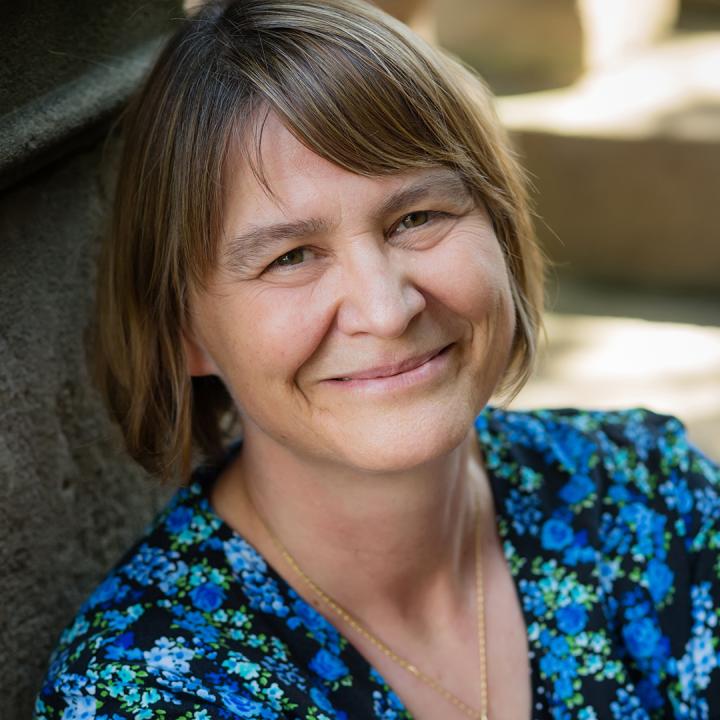
Human Development
Pathway to Doctoral or Clinical Studies
Online Learning Options
Part-Time and Full-Time Options
Individuals who want to learn how to manage and solve issues and concerns of how humans develop in organizations, educational institutions, and the community at large will find the Warner School master’s degrees in human development a rewarding opportunity to pursue this expertise.
Our graduates have successfully secured positions as researcher coordinators, development specialists and human services agency employees in the areas of health and human services, public health, and community development agencies, as well as roles as consultants in nontraditional learning environments. In addition, many of our graduates use this as a stepping stone to continue their education, in pursuit of a diverse array of clinical and doctoral degrees.
Key Program Features
- Cutting-Edge Curriculum: Interdisciplinary coursework covering contemporary topics, such as emerging knowledge concerning conditions that foster healthy development of minority youth; current knowledge in our understanding of the diversity of factors that promote wellness in older populations; the interplay between mind, body and society in determining developmental trajectories; the deleterious effects of chronic stress; and fostering “engaged scholarship” that encourages the development of thriving communities.
- Customizable: A number of specializations are available, focusing on subject matter that occupies the forefront of human development research; each option includes 12 credits of electives.
- Unique Apprenticeship Opportunities: Research apprenticeship opportunities are available in a wide array of settings. Students have the opportunity to become a part of a research team led by a human development faculty member or may explore opportunities to apprentice at the University of Rochester Medical Center or other units across the university.
- Option to Add Specializations: By strategically choosing electives, you can earn an advanced certificate with as little as one additional course. You may also choose courses that can count toward a NYS license in Applied Behavior Analysis (ABA).
- Diverse, Dynamic Faculty: Faculty offer a rich diversity of expertise in areas, such as community engagement, minority youth development, gerontology, Applied Behavior Analysis, social determinants of healthy development, self-determination theory, college student development, and inclusive learning environments.
- Flexible: Program can be started in any semester and can be completed in only one year of full-time study, or two years of part-time study for those balancing work and study.
Prerequisites
- Completion of a bachelor's degree with a major in one of the following areas: development, psychology, sociology, history, philosophy, public health, education, gerontology, social work, art therapy, music therapy, or a field that is related to any of these aforementioned areas of study.
- Research experience is highly desirable, but not required.
Scholarships, Tuition & Financial Aid
Partnerships and Career Pathways
Questions?
Master's Program Options
The program requires 30 credits of coursework, which includes three courses for the program core, nine credits of specialization courses, and twelve credits of additional electives.
MS Specializations & Coursework
Tailor your MS in Human Development to your professional interests and career goals by selecting courses related to the following specialization areas:
- Early Childhood
- Developmental Differences
- Family Studies
- Gerontology
- Research/Program Evaluation
MS Combined with Advanced Certification
You can pursue a MS in Human Development concurrently with at least one of the advanced certificates listed below. The length of this combined program and its total number of credits will depend on the chosen advanced certificate(s) and other optional enhancements.
- Advanced Certificate in Program Evaluation
- Advanced Certificate in Urban Teaching and Leadership
- Advanced Certificate in Online Teaching
- Applied Behavior Analysis (ABA)
Customize Your Degree
Our degrees are designed to meet your interests and career aspirations. Whether you want to add an advanced certificate or specialize in a distinct area of emphasis, we can help craft the best option for you.
Ready to Apply?
Career Opportunities
A diversity of career opportunities, inside and outside of academia, emerge from or can be complemented by the study of human development. Thanks to a cross-disciplinary approach, graduates of our master’s in human development programs have emerged as thought leaders in educational, clinical, research, and community settings, well prepared to succeed in an array of roles and careers, including:
- Working as a research coordinator or as part of a research team.
- Serving as part of a team working to transform struggling communities.
- Working as an educator or consultant in nontraditional educational settings, such as museums and libraries.
- Working for community agencies and foundations supporting healthy communities and healthy human development.
- Working as a program evaluator.
Graduates can also utilize their degree as a pathway to a doctoral degree, which has led to careers as teachers/scholars in higher education, researchers across related fields, thought leaders, and administrators in community and educational organizations that seek to improve the lives of people by fostering healthy human development.
Graduates can also successfully transition to clinical programs that complement the degree in human development, such as mental health counseling, social work, clinical or counseling psychology, or Applied Behavior Analysis.
Our master’s degree programs in human development have also provided a vehicle for international students, who are interested in becoming experts in emerging knowledge in the field of human development, to launch a diversity of career paths.

Take a Course Before You Apply
Take a course before you apply to one of our programs for a discounted price. Inquire with admissions to learn about credits that also apply toward degree requirements.
